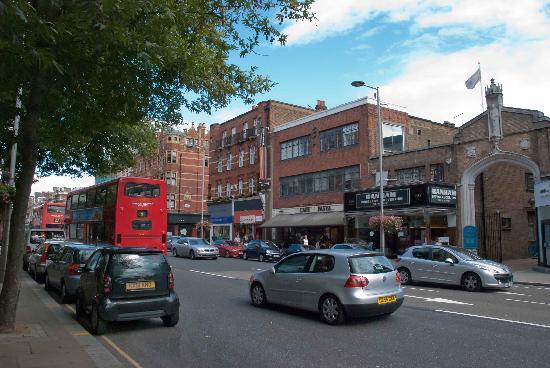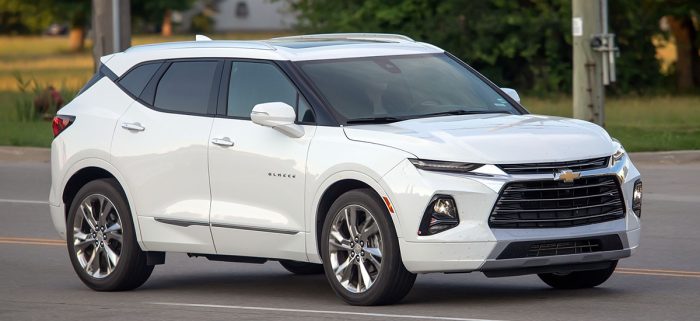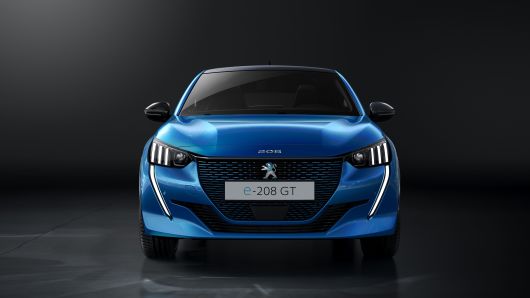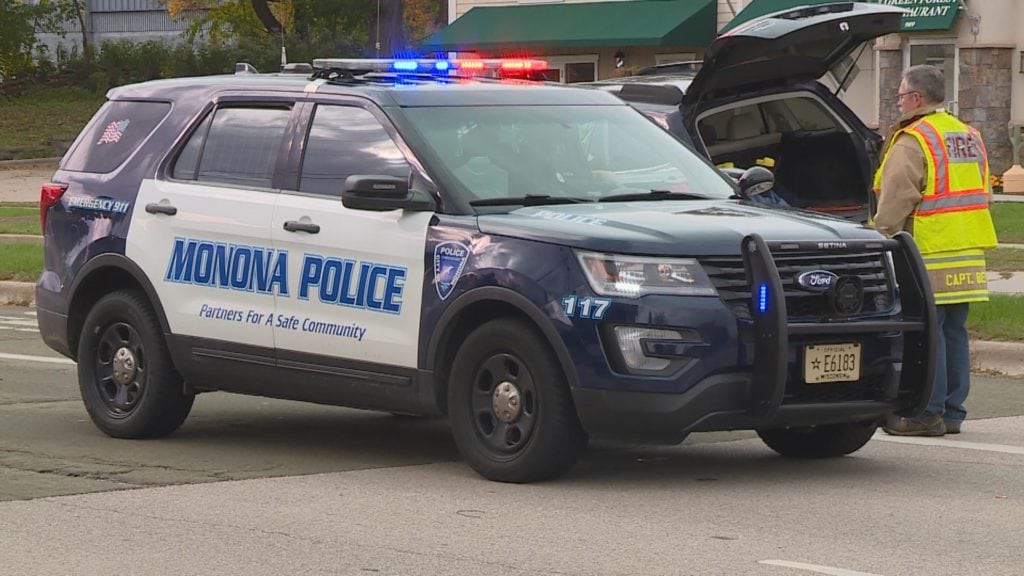Now Reading: Electric car subsidies extended in £1.3 billion green vehicles drive in UK
-
01
Electric car subsidies extended in £1.3 billion green vehicles drive in UK
Electric car subsidies extended in £1.3 billion green vehicles drive in UK

The UK government revealed a £1.3 billion ($1.66 billion) effort to clean up Britain’s cars in its Budget with additional subsidies for electric vehicle buyers and an increase for charging stations, along with funds to curb inner-city pollution.
The plans were welcomed by the automotive industry, which is attempting to increase sales of battery cars to adhere to government ambitions to phase out the sale of petrol and diesel models by 2040, or before.
Rishi Sunak, chancellor, declared a £403m three-year extension of the plug-in car grant however cut the subsidy payment from midnight from £3,500 per car to £3,000, together with the scrapping of the payout for cars worth over £50,000.
He also announced a grant worth £130m for consumers of electric vans, taxis and motorbikes.
Regardless of the lower payout, the extension is a relief to the industry, which cautioned that ending the incentive scheme this month would suffocate Britain’s nascent electric car market.
“Cost is among the biggest barriers for drivers who want to switch to an electric vehicle and the steps taken today give clarity and certainty for both consumers and manufacturers,” stated Nicholas Lyes at the RAC, an auto organisation.
Electric cars represented 3 percent of new car sales in the first two months of the year, according to statistics from the Society of Motor Manufacturers and Traders (SMMT).
In a further advancement to electric cars, which tend to be more costly than petrol rivals, battery vehicles above £40,000 will be exempted from the higher vehicle excise duty charges until 2025.
The existing “expensive car supplement” views high-end vehicles pay an extra £320 a year, on top of the £145 base charge.
Mike Hawes, chief executive of the SMMT, stated the measures were important “if we are to begin to meet extremely challenging environmental ambitions” and should “help encourage consumers and support the beginnings of a market transition”.
The government will also look forward to the views on whether road tax could be used to increase sales of lower-emitting vehicles.
Edmund King, president of the AA, the auto organisation, stated the government “could have been bolder to help shift the dial on electric cars”, saying that scrapping value added tax on electric automobiles would have an influential impact on drivers who are looking to change their car.
Additional money was given to regional councils to clamp down on emissions, with £304m to permit local authorities to take immediate steps to decrease “nitrogen dioxide emissions”. Several cities, consisting of Bristol and Manchester, are proposing diesel bans, as older diesel vehicles emit higher nitrogen-based gases than similar petrol models. The sum brings total regional authority spending to £880m.
A boost in fuel duty, the petrol and diesel levy that has been frozen since 2010, has been postponed by another year.
“Many people still depend on their cars,” Sunak informed MPs, although the chancellor signaled that the tax will increase in future. Cancelling boosts for the past decade has cost the public purse £110 billion, and the government can “no longer afford to freeze fuel duty”, he said.
A £500m scheme to present fast-charging points throughout the UK, with the aim that every British home will be under 30 miles of a rapid top-up point, was proposed in November by Prime Minister Boris Johnson, as part of Britain’s attempts to decrease emissions.
The scheme was verified by Sunak on Wednesday, together with a new nationwide review of electric vehicle charging points by the Office for Low Emission Vehicles.
Stay Informed With the Latest & Most Important News
Previous Post
Next Post
-
 012026 Toyota Hilux EV: A Powerful Truck with Silent Torque
012026 Toyota Hilux EV: A Powerful Truck with Silent Torque -
![2027 Mercedes-Benz S-Class Debuts with V8 Engine [Photo Gallery]](https://speedlux.com/wp-content/uploads/2026/01/2027-Mercedes-Benz-S-Class-33-155x125.jpg) 022027 Mercedes-Benz S-Class Debuts with V8 Engine [Photo Gallery]
022027 Mercedes-Benz S-Class Debuts with V8 Engine [Photo Gallery] -
 03The Financial Benefits of Corporate Fuel Cards for Fleet Management
03The Financial Benefits of Corporate Fuel Cards for Fleet Management -
 04What Are the Most Reliable Jaguar F‑Pace Parts to Maintain SUV Safety and Comfort?
04What Are the Most Reliable Jaguar F‑Pace Parts to Maintain SUV Safety and Comfort? -
 05Spy Shots: 2027 Mitsubishi Pajero Spotted in Testing Ahead of Possible U.S. Return
05Spy Shots: 2027 Mitsubishi Pajero Spotted in Testing Ahead of Possible U.S. Return -
 06What Is the Cheapest Ford Truck? A Guide to Affordable Ford Pickup Options
06What Is the Cheapest Ford Truck? A Guide to Affordable Ford Pickup Options -
 07Performance Toyota Hilux Clutch Kits: Are They Worth the Investment?
07Performance Toyota Hilux Clutch Kits: Are They Worth the Investment?

![2027 Mercedes-Benz S-Class Debuts with V8 Engine [Photo Gallery]](https://speedlux.com/wp-content/uploads/2026/01/2027-Mercedes-Benz-S-Class-33-700x394.jpg)
















































